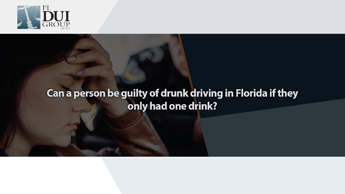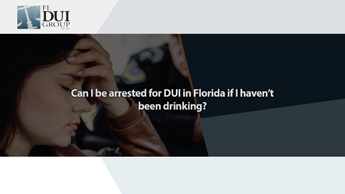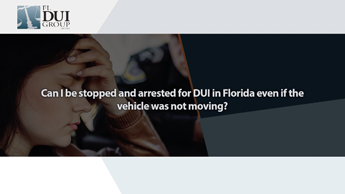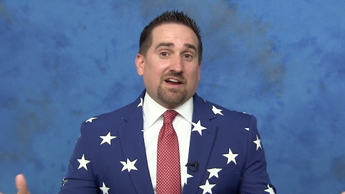Beyond Alcohol: How Florida’s Drugged Driving Cases Are Changing—And What You Need to Know

When you think of a DUI charge, you’re generally imagining alcohol. But in Florida, “driving under the influence” applies to more than just booze. An increasing number of DUI arrests involve prescription medications, marijuana, and more. Drugged driving cases are often more complex. Unlike alcohol DUIs, drug-related DUIs can depend heavily on the officer’s observations, field sobriety tests, and toxicology reports. Understanding these differences is essential for folks who are facing drugged driving charges in Florida.
The rise of drug-impaired driving charges
Many states have moved to legalize marijuana. Prescription drugs are prescribed at all-time highs. As a result, Florida Highway Patrol and other local police departments routinely employ Drug Recognition Experts (DREs). These are specially trained officers who claim they can detect drug impairment caused by drugs.
In reality, their assessments are highly subjective. A DRE’s conclusions rely mostly on physical observations rather than quantifiable chemical evidence. In addition, there is no “legal limit” for drugs. This makes the field intrinsically uncertain. Your defense attorney can challenge the DRE’s assessment.
The difficulty in determining impairment
One of the major flaws in Florida’s DUI prosecutions is that a drug can be present on a test without the individual actually being impaired at the time they’re arrested. Many substances, especially marijuana, can stay in the system a long time—long after the drug had the opportunity to inebriate the suspect.
Marijuana is especially burdensome. It can stay in your system up to a month after being intoxicated. In a similar vein, drivers prescribed medications like Xanax and Ambien can test positive for the substances even while taking them as prescribed. It doesn’t mean that the individual was on the drug while driving. Nonetheless, prosecutors may argue otherwise.
How are these cases defended?
Your attorney might be able to raise a strong defense against a drug-related DUI charge. They will start by challenging every stage of the investigation. A skilled attorney can:
- Examine the legality of the stop – Did the police have probable cause to pull you over?
- Review the DRE evaluation – Were the tests performed correctly? Were they interpreted fairly?
- Scrutinize the toxicology results – Was the blood or urine sample collected and tested according to FDLE standards? Was there a valid warrant or consent?
- Highlight medical explanations – Conditions like fatigue, injury, or medication side effects can mimic the symptoms of impairment.
Defense lawyers will work with forensic toxicologists to interpret the lab results and demonstrate that the levels detected were consistent with lawful use and not active impairment.
Talk to an Orlando, FL, DUI Lawyer Today
FL DUI Group represents the interests of Orlando residents who have been charged with DUI. Call our Florida DUI defense lawyers today to schedule an appointment, and we can begin reviewing your case right away.








